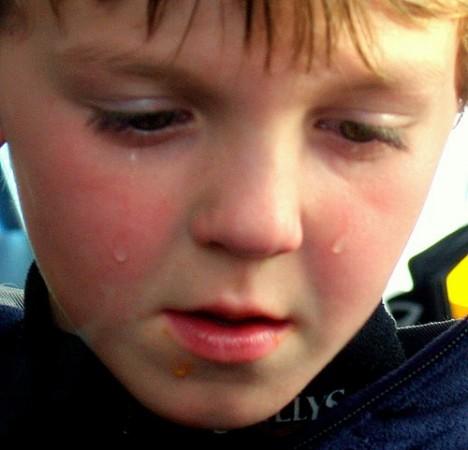
Exposure to frequent conflicts between parents can impair brain development in children and place them at a greater risk of several mental health issues, researchers reveal.
In the study, youngsters aged between 17 and 19, who witnessed parental conflicts or went through other unhealthy family situations more often at childhood, had comparatively smaller cerebellum than others. Cerebellum is the brain region that plays a major role in skill learning, stress regulation and sensory motor control. Researchers said that it was an indication of the onset of psychiatric disease in the future, as smaller cerebellum is a common risk factor associated with psychiatric conditions.
"We show that exposure in childhood and early adolescence to even mild to moderate family difficulties, not just severe forms of abuse, neglect and maltreatment, may affect the developing adolescent brain. We also argue that a smaller cerebellum may be an indicator of mental health issues later on," researcher Dr Nicholas Walsh, lecturer in developmental psychology at the University of East Anglia, said in a news release.
For the study, Dr Walsh and colleagues selected 58 teenagers. Parents provided information about the unpleasant events that took place in their life after the child's birth, till he/she turned 11. The study mainly focussed on common problems found in families, including arguments, physical/emotional abuse and lack of proper attachment between the family members. Nearly 27 percent was found exposed to adverse events at childhood. At age 14, children provided information about the negative life events that they went through the past one year.
Exposure to stressful events later in life caused less harm than the early exposure. Children who experienced stressful events at age 14 had increased volumes in the brain regions than the others.
The study has been published in the journal NeuroImage: Clinical.
There exists solid evidence to prove that a healthy environment during the early stages of growth is a must to help children remain fit and fine later in life. Previous research has linked exposure to parental conflict to long-term behavioural, psychological problems and development of attention-deficit/hyperactivity disorder (ADHD).










